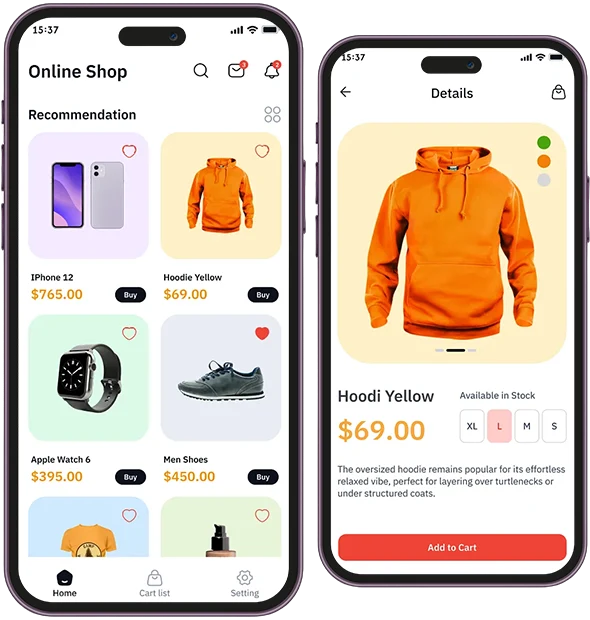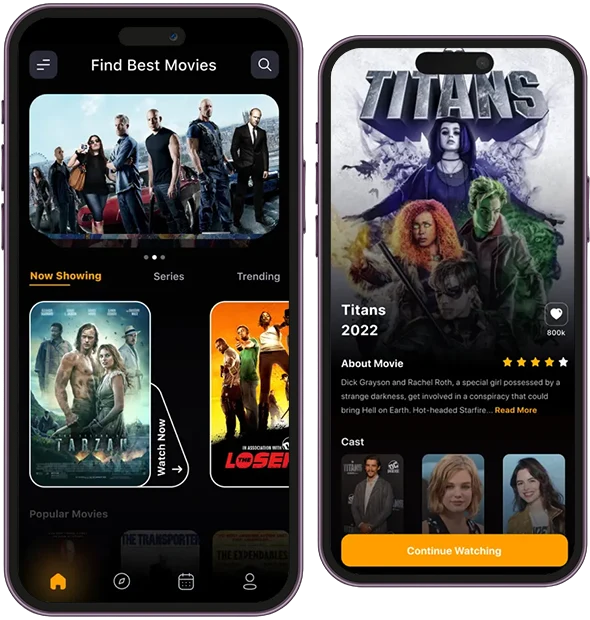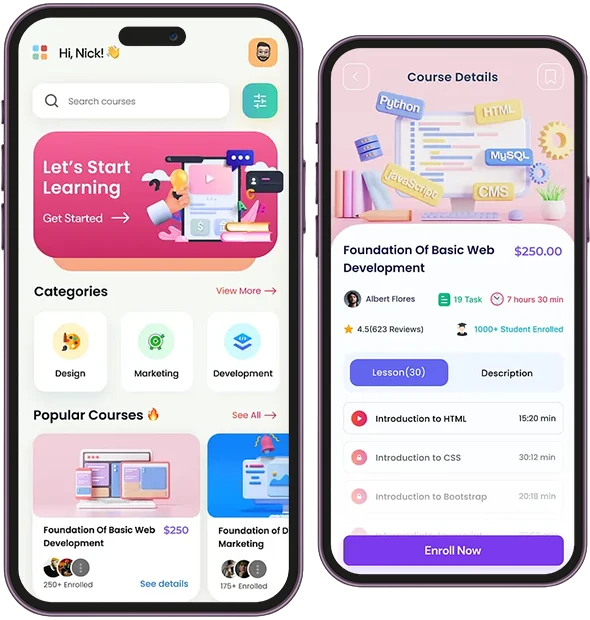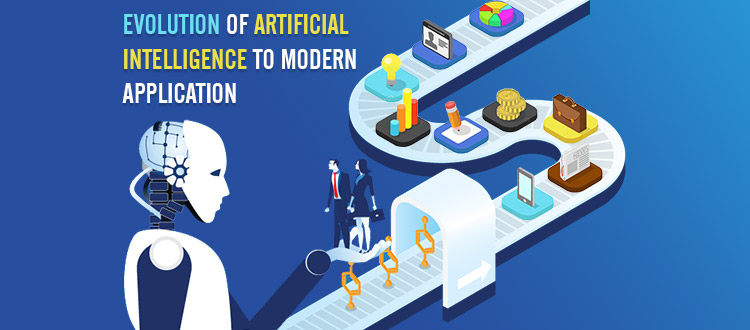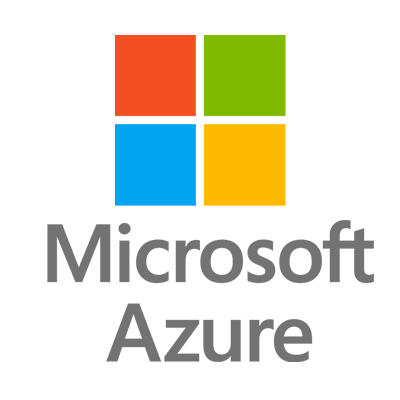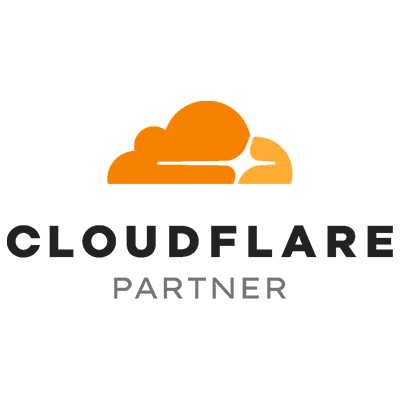AI Recommendation Engine Development
Embrace increased per-customer revenue, better reach of content, and a personalized experience for your target audience with top-tier AI recommendation engine development services. Our smart solutions are integrated with machine learning and data analytics technology to learn user behavior and suggest to them the relevant products, increasing your revenue.
AI-Based Recommendation System: Market Trends & Insights
Benefits of an AI-Powered Recommendation Engine Development
AI recommender systems have been performing as excellent sales professionals for businesses looking to increase their sales without investing heavily in human resources.
Increased User Retention
The AI recommendation system enhances the customer experience by providing the relevant product or service. This approach helps to increase customer retention by reducing bounce rates and increasing the chances of successful purchases.
Higher Conversion Rates
The products suggested by the AI-based recommendation engine are a result of a profound analysis of customer data, their lifestyle, and real-time needs. So, there is a higher chance that the product suggested by the smart system will steer the high conversion rates.
Cross-Selling and Upselling
The AI recommendation engines suggest high-priced products to the customer in a wise way that boosts the upselling of products. At the same time, suggesting complementary items to the customers helps increase per-user revenue.
Longer Visiting Session
Whether it is an eCommerce store or a content streaming platform, the artificial intelligence recommendation engine suggests user-centric content. So, the time a user spends on the platform increases automatically.
Inventory Management
The personalized recommendation system has also enabled retail giants and manufacturing firms to keep track of their inventory and avoid situations of overstocking or stockouts. It helps in data-driven decision-making for better inventory management.
Leverage A/B Testing
The recommendation engines are capable of performing their routine tasks along with consistent A/B testing and experimentation. The core competency enables the system to fine-tune recommendation algorithms on the go while increasing their effectiveness over time.
Types of AI-Powered Recommendation Engines We Build
The NineHertz offers different types of recommendation engines that cater to the personalized needs of diverse businesses and industries.
Collaborative Filtering System
- This is a recommendation system that works on a basic principle that if multiple users have the same interests in one particular product, they are most likely to have the same interest in some other product as well. The collaborative filtering system effective for high-level coverage.
- User-item interaction matrix analysis
- Implicit and explicit feedback utilization
- Neighborhood-based or model-based filtering
- Real-time recommendation updates
- Cold start problem-handling mechanisms
Content-Based System
- The content-based system generates suggestions based on users’ past purchases, likes, and preferences. It also uses the feedback shared by the users on a particular product to keep them suggesting similar products in the future.
- User preference profiling
- Item feature extraction and analysis
- Personalized recommendation generation
- TF-IDF or NLP-based content similarity computation
- Continuous learning from user interactions
Hybrid Recommendation System
- As an advanced recommendation system, this digital tool combines multiple data sources to produce a final result. The hybrid recommendation system enables better personalization and increases robustness for better results.
- Combination of collaborative and content-based filtering
- Enhanced cold start problem mitigation
- Adaptive weighting of multiple recommendation models
- Improved accuracy through multi-source data fusion
- Context-aware recommendation integration
Demographic-Based AI Recommender System
- The demographic recommendation engine focuses on the market research of a specified region backed by the data collected by short surveys. Based on collected information, the system then makes suggestions of relevant products/services to the respective audience.
- Cluster-based recommendation strategies
- User segmentation based on demographic attributes
- Personalized suggestions based on demographic trends
- Limited reliance on historical behavior
- Population-wide preference modeling
Knowledge-Based System
- As the name indicates, this recommendation engine focuses on the users’ needs, lifestyle, and domain expertise to suggest to them the relevant content or product. Apart from the interaction history, it uses expert information and attributes the particular products/services to make the recommendation.
- Rule-based decision-making for recommendations
- Case-based reasoning for contextual suggestions
- Domain expertise integration
- Long-term user need prediction
- User preference constraints consideration
Our.
Achievements and Milestones
The NineHertz has been awarded with accolades and recognition from various technology marketplaces. Our key milestones are our commitment to building smart and personalized recommendation systems for business advancement.
projects
delivered
industry
sectors
-
Achievement in Customer Satisfaction 2023
-
America’s Fastest-growing Companies 2023
-
Top 100 Global Outsourcing Providers and Advisors 2023
-
Best IT Service Provider of the Year 2023
Revolutionize User Engagement with
AI-Powered Recommendations
Partner with The NineHertz to build an intelligent AI recommendation engine that drives personalization, enhances user experience, and maximizes revenue.
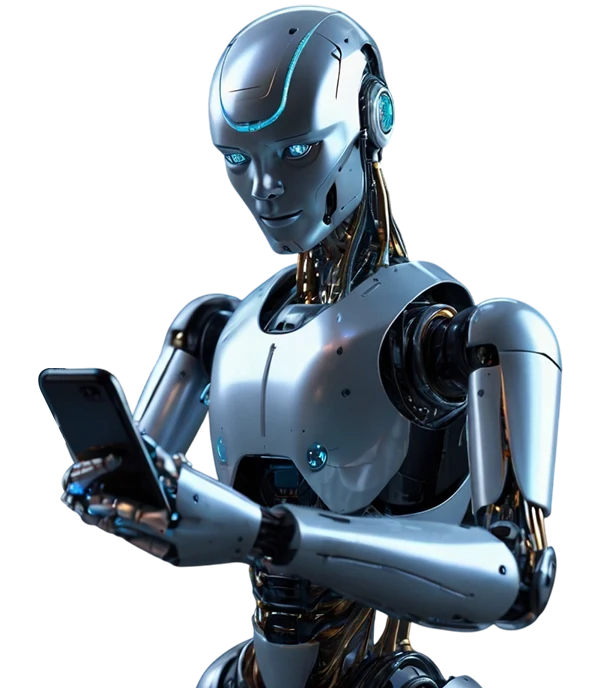
AI Recommender Systems Transforming Brands with Diverse Use Cases
The NineHertz builds versatile AI-based recommendation systems, enabling businesses of diverse industries to better connect to their target audience and leverage competitive advantages. The diverse use cases of this AI solution make them the best option to increase customer retention and brand loyalty.
Personalized Recommendations
Artificial intelligence recommendation engine relies on large datasets, patterns in customer buying behavior, and purchase history to recommend relevant products. So, each of the products appearing to the user is highly personalized according to their preferences.
- eCommerce Brands (Amazon, BestBuy)
- Social Media Platform (LinkedIn, YouTube)
- Streaming Platforms (Netflix)
Supply Chain Management
AI recommender system helps optimize the inventory while reducing waste by facilitating effective supply chain management. The system analyzes the historic inventory data, supplier lead items, sales data, and customer demand to craft inventory management strategies.
- eCommerce Businesses (Amazon)
- Retail Stores (Walmart, Tesco)
- Fashion Giant (Zara)
Image Analysis
This use case of recommendation system is highly used in eCommerce, manufacturing, and healthcare institutions. The AI solutions can effectively analyze an image to show similar results in search engines, identify defects in any mechanism, or list health issues from an X-ray image.
- Streaming Platforms (Netflix)
- eCommerce Platforms (Amazon on StyleSnap)
- Healthcare (SkinVision)
Customized Marketing
The recommendation engine is highly used by businesses to conduct customized marketing campaigns. By assessing the real-time preferences and past purchase history, this solution helps sell the relevant product with maximum chances of successful purchase.
- Fashion Platforms (Shein, Old Navy)
- App Marketplaces (Google Play Books)
- Supermarket and Retail (Walmart)
Strategic Optimization
From optimizing product prices to changing movie scripts, a recommendation engine helps suggest strategic changes to businesses in different niches. It studies the customers’ response to a particular product/service/content to identify the areas of improvement.
- Footwear Giants (Nike)
- eCommerce Marketplaces (Amazon, Etsy)
- Entertainment Platforms (Netflix, Spotify)
Market Research
With AI-based recommendation systems, businesses don’t have to rely on conducting surveys, study market reports, and other unnecessary documentation. The smart solution identifies the market trends and customers’ expectations to help brands make strategic decisions.
- Social Media Platforms (Instagram, YouTube)
- Food Retailers (Matsmart)
- Media Agencies (YW Instanbul)
Working Principle of an AI-Powered Recommendation System
The AI recommender systems are based on machine learning algorithms that analyze the data and use it to provide personalized recommendations to users. The completed mechanism is carried out in several stages.
-
Data Gathering
- Begins with collecting explicit data from browsing history, comments, ratings, clicks, and feedback.
- Categorize the data according to the demographics and psychographics of the customers.
- Incorporate the feature data like item types or price range for better product relation.
-
Storage
- Structures the data to make it easily accessible and readable.
- Using data warehousing for aggregating structured data.
- Using datalakes for the efficient storage of structured as well as unstructured data.
-
Analysis
- Deploy machine learning algorithms to examine the collected data.
- Identify the correlations and patterns in the user behavior using the structured data.
- Train the AI recommendation system model based on obtained insights.
-
Filtering
- Apply different filtering methods to identify the most relevant items to users.
- Rank the items according to customer preference to display them accordingly.
- Deploy particular AI recommendation engine types.
-
Refining
- Periodically evaluating the outputs of the recommender engine for lasting effectiveness.
- Continuous optimization of algorithms on the basis of system performance and user feedback.
- Imparting new data to enhance the relevance and accuracy over time.
Roadmap for Doctor Appointment App Development
The NineHertz implements the agile project management methodology for seamless project management. Our development approach promises that digital products achieve the pre-defined quality standards.
1. Discovery and Planning

-
Define project scope, like sales increase, streamlined processes, and improved ratings.
-
Discuss data requirements, system recommendations, and processing methods with the development partner.
-
Establish project requirements such as team composition, timeline, budget, and software architecture.
-
Prepare the development plan and project estimation.
-
Signing an agreement on the project details while ensuring clarity on key aspects.
2. Data Preparation

-
Normalize, clean, and label the data for enhanced relevance and accuracy.
-
Identify the missing data and add the information accordingly.
-
Convert the collected data into a format that supports AI processing.
-
Design the database architecture for efficient storage and retrieval of data.
3. Model Training

-
Select the right AI algorithms on the basis of system type.
-
Train the AI model with prepared data and consider the tradeoffs in complexity and performance.
-
Balance the accuracy of computational resource usage to eliminate high maintenance costs.
-
Refine the model to build a product that offers high accuracy and the least operational costs.
4. Evaluation and Tuning

-
Test the recommendation engine model on unseen data to assess the prediction accuracy.
-
Conducting beta testing with real users to gather feedback and identify areas of improvement.
-
Revisiting the data preparation in case the data accuracy is below expectations.
-
Polishing the model parameters for the improved output.
5. Engine Implementation

-
Deploying AI recommendation engine on live servers after stabilization has been carried out.
-
Making the recommendation functionality available to the target audience via apps and websites.
-
Monitor the performance of the recommender engine in real time to address bugs and errors.
-
Note the necessary changes to ensure the seamless operations of the engine.
6. ML Ops and Maintenance

-
Periodically update the model while monitoring the system performance.
-
Provide consistent updates to the system to adapt to changing customer behavior.
-
Consistent monitoring of system integrity to eliminate the chances of vulnerabilities.
-
Safeguarding the system against cyber security threats and breaches of sensitive data.
Our Recommendation Engine Development Services Across Industries
The NineHertz is partnered with industry-wide brands to help them build personalized recommendation systems. Our recommender systems are versatile enough to understand the target audience’s behavior and generate insightful suggestions.
Banking & Finance
We develop an AI recommendation engine that helps deliver smarter financial decisions regarding banking, investments, savings, and insurance. Our machine learning integrated smart solutions are also capable of detecting fraud, providing financial product suggestions, and optimizing risk strategies.
- Fraud detection and prevention
- Credit risk assessment
- Customer lifetime value prediction
- Investment portfolio optimization
- Algorithmic trading strategies

Healthcare
Recommendation systems have revolutionized patient care and medical research methods by curating personalized treatment plans and suggesting the best medications based on patients’ history. Our AI recommendation engines can improve diagnostic accuracy by conducting a thorough analysis of patients’ conditions.
- Disease outbreak prediction
- Personalized treatment recommendations
- Patient readmission risk analysis
- Drug Efficacy and Development Insights
- Medical equipment failure prediction

Manufacturing
The NineHertz offers an artificial intelligence recommendation engine designed for production optimization, inventory management, and smart procurement. With the implementation of AI recommender systems, manufacturing firms leverage data-driven insights to reduce costs, increase operational efficiency, and impart better decision-making.
- Supply Chain Management Software Development
- Predictive maintenance for machinery
- Demand forecasting for production planning
- Supply chain risk management
- Energy consumption optimization
- Quality control and defect detection

Travel & Hospitality
The NineHertz is partnered with numerous hospitality brands to help them establish better relationships with their customers. We craft solutions for hospitality businesses that suggest personalized vacation packages, hotels, and adventurous activities based on the customers’ travel history and preferences.
- Dynamic pricing optimization
- Personalized travel recommendations
- Customer booking behavior prediction
- Sentiment analysis for customer reviews
- Demand forecasting for flights and hotels

eCommerce & Retail
We develop customized recommendation engines for eCommerce businesses to increase customer satisfaction and overall revenue. Our solutions offer hyper-personalized product suggestions by analyzing the purchase history, real-time trends, and consumer behavior. The strategy helps drive repeat sales and higher per-customer ticket size.
- Customer purchase behavior forecasting
- Demand and inventory optimization
- Personalized product recommendations
- Churn prediction and customer retention
- Dynamic pricing strategies

Entertainment
Our AI recommendation engine solutions are highly used by the entertainment and OTT platforms globally. From music and video platforms to gaming and digital media businesses, we build solutions that recognize the behavioral patterns of customers and suggest relevant content. The strategy increases the overall retention rates while keeping the audience hooked for a longer time.
- Content recommendation and personalization
- Ad targeting and monetization strategies
- Audience engagement prediction
- Box office and streaming success forecasting
- Churn prediction for subscription services

Recommendation Engine Development Case Studies
Our real-time case studies of AI recommender engine development projects portray our expertise in building smart solutions for personalized business needs.
Custom vs. Off-the-Shelf AI Recommendation System
We offer customized as well as off-the-shelf AI recommendation systems development services. Our team identifies the particular business requirements to help them choose the solution that aligns with their challenges.
-
Allows deep integration with specific data sources.Relies more on generic algorithms.
-
It can be fine-tuned to match unique consumer behavior.It can not capture nuanced user preferences.
-
The company can keep the sensitive information in-house.It might require sharing information with third-party providers.
-
It generally takes more time to build a customized AI recommendation engine.Off-the-shelf AI recommender engines take less time comparatively.
-
Custom solutions are costly to build.These systems are cost-efficient.
What Makes Us the Best AI Recommendation System Development Company?
The NineHertz offers a blend of technical knowledge with software skills, which makes it a great experience for businesses looking to digitize their operations. Our offerings are backed by our values like transparency, reliability, and innovation.

Certified AI Engineers
We are a team of certified AI engineers with expertise in building AI solutions like recommendation systems, predictive analysis solutions, and smart chatbots.
Client-Specific Solutions
Our solutions are designed after a thorough analysis of the client’s requirements and real-time challenges. We build a recommender system that targets particular business needs.
Strong Research & Development
We have a dedicated R&D team that focuses on analyzing the target audience, market gaps, customer expectations, and businesses’ pain points to develop AI-based recommendation systems.
Least Time to Market
Without impacting the quality standards of digital products, we promise the least time-to-market that helps to deploy the final product to the targeted marketplace in minimum time.


Security and Transparency
Our services always come with a commitment to security and transparency. The NineHertz ensures that all the data of clients and end-users is secure in every circumstance.
NDA
We keep the Non-Disclosure Agreement at the center of the development process, which ensures the confidentiality of data between the respective parties.
Key Highlights of AI Recommendation Engine Development Journey
ISO 9001 CERTIFIED NASSCOM & STPI ACCREDITATION
-
800+
Projects Launched
-
16+
Years of Experience
-
575+
Dedicated Developers
-
92%
Client Retention
We Are Mentioned By
The NineHertz has earned a place with some of the biggest technology marketplaces and platforms, portraying our commitment to innovation.
Deliver Hyper-Personalized Experiences
Enhance User Experience with a Custom AI Recommendation Engine
Build an AI recommendation engine that understands your users, predicts their needs, and keeps them engaged like never before.

Words From Our Clients
The NineHertz has earned a significant customer retention rate for over 15+ years. Our clients’ experience of working with our team showcases our proficiency and expertise in the industry.
Frequently Asked Questions
Let’s answer some of the most common questions about AI recommendation engine development.
The AI recommendation system is a smart solution that uses machine learning algorithms to assess user data, including search history, past purchases, buying behavior, demographics, and preferences, to suggest relevant products or content. So, it helps businesses to provide personalized customer experience while increasing the customer purchase size.
The cost to develop a custom AI recommendation system depends on multiple factors, including the type of system, hiring models, location of developers, complexity of the project, third-party integrations, and much more. Generally, the cost lies anywhere between $40,000- $400,000 to build a custom AI recommendation engine.
It might take 6-10 months to build a recommendation engine. However, the timeline can vary significantly according to the team size, features imparted, type of data, and functionality of the solution.
AI recommendation engine helps to better understand customer behavior, suggest the relevant content, product, or service, provide a better customer experience, and ultimately lead to higher revenue. At the same time, the recommendation engine also assists in making data-driven decisions to achieve better outcomes.
There are a lot of technologies that make the AI recommendation system fully functional. Some of the core technologies that are used to build smart recommendation engines are machine learning algorithms, statistics, predictive modeling, and probability.
An effective recommendation engine must-have features like advanced filtering and promotion, user action anticipation capabilities, trend analysis, market forecasting, etc. However, many other features are integrated into the recommendation engine according to particular use cases and requirements.
Yes, an AI recommendation system can be easily integrated with the existing platform if the necessary data is available. Most of the modern platforms can be integrated into these AI solutions by incorporating the right APIs. The integration significantly helps in generating personalized suggestions by taking information from the other systems.




